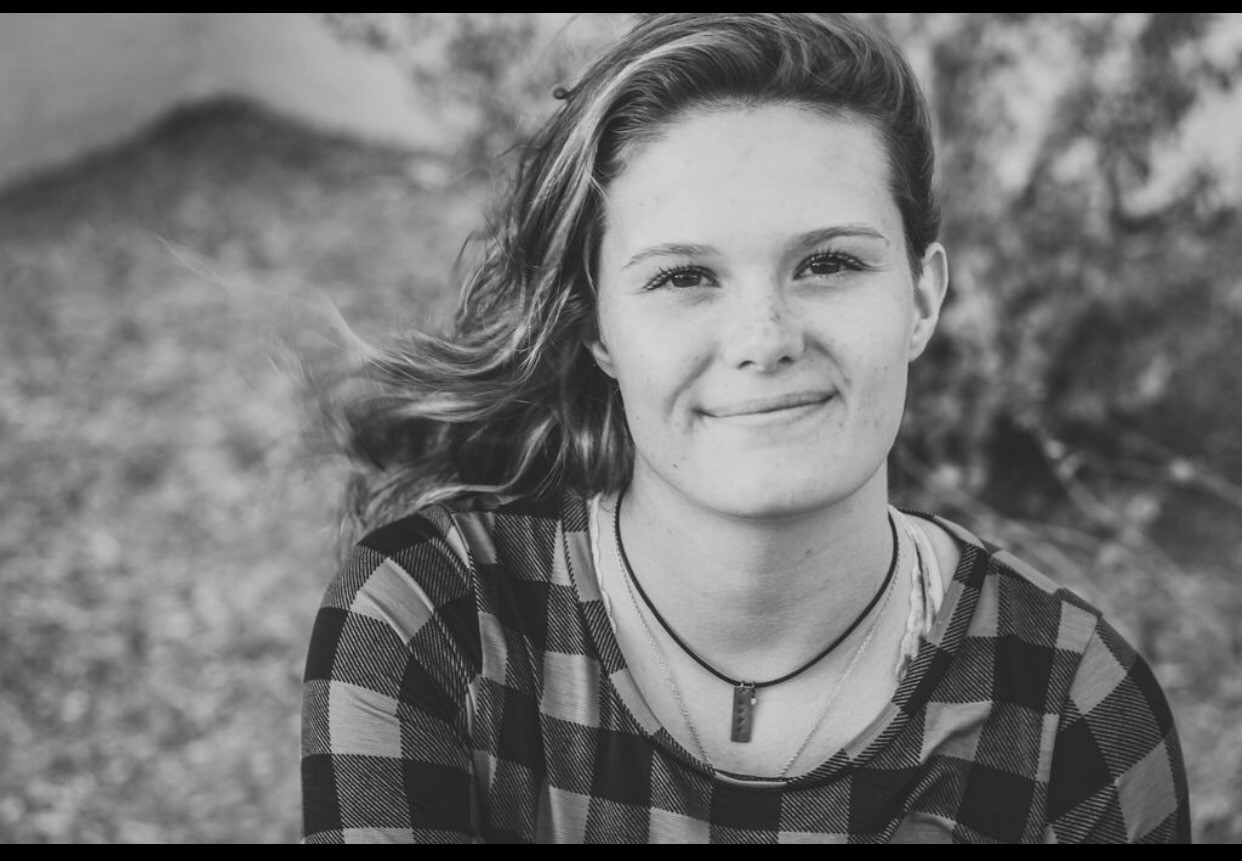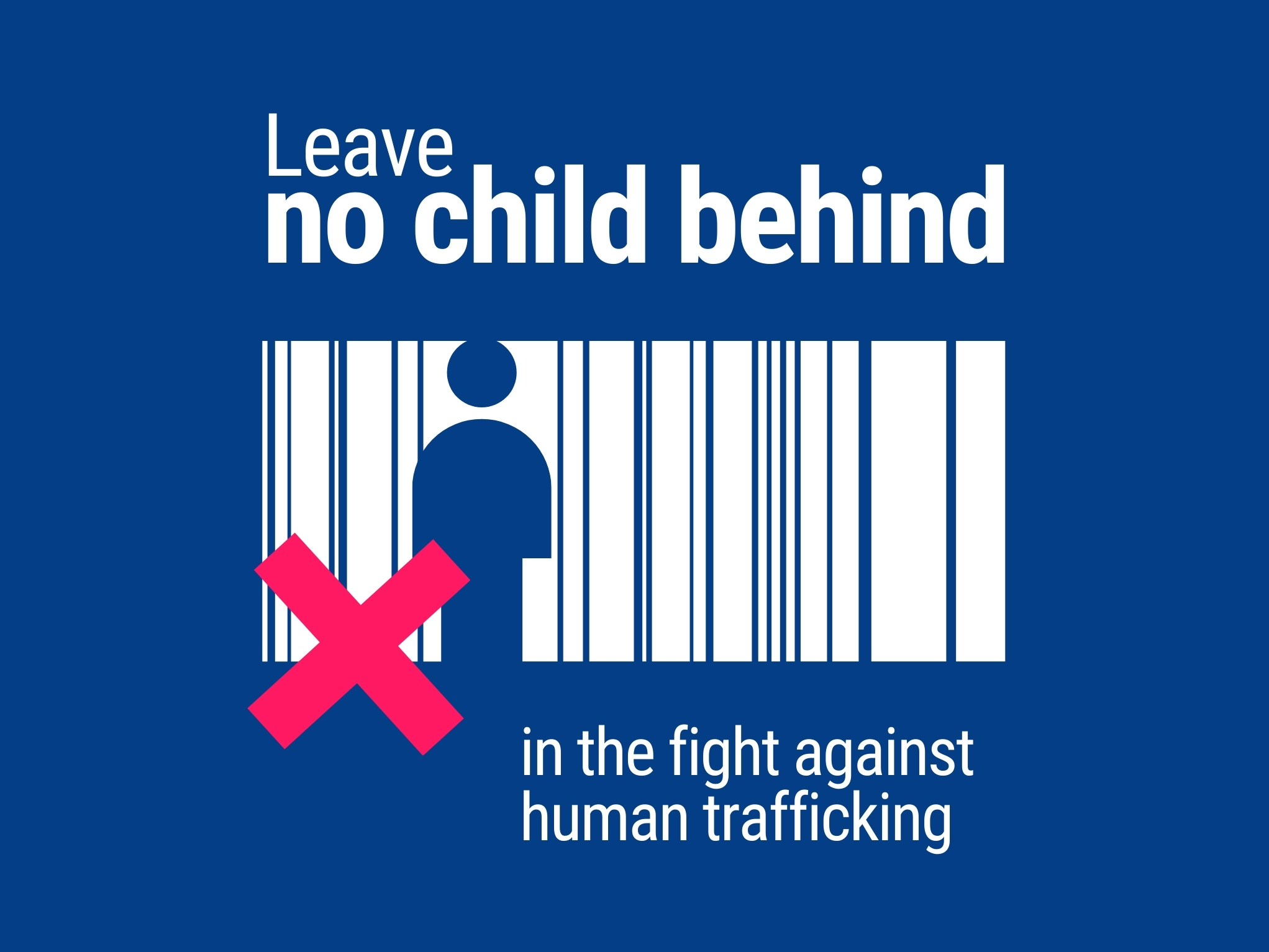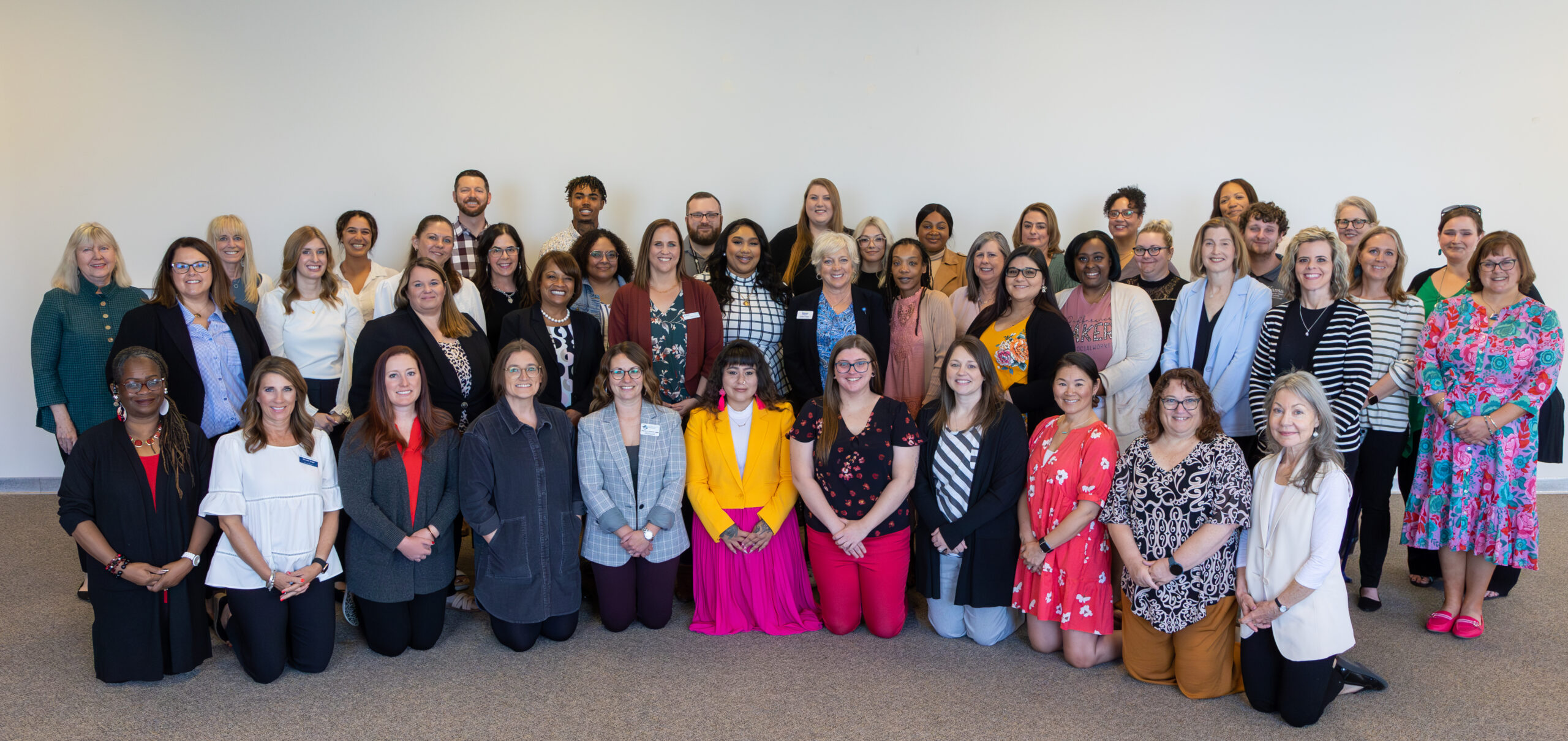That Sunday … well, it was both strange and chaotic. For Anika Pfannenstiel, it began with church and ended with a runaway sister and a trip to the police station. By the afternoon, officers had removed Anika and two sisters from their home as the three entered the Kansas foster care system. Monday, they went to court, where the judge awarded temporary custody to their older brother. In a matter of hours, 12-year-old Anika’s life had turned upside down.
Two years later, she was the last to leave her brother’s home and follow her sisters into foster care. In his mid-20s, her brother had his own newborn to care for. He was just learning how to parent. He tried to keep his sisters together, but the difficulties were overwhelming. Anika remains grateful that he tried.
“I stayed in three foster homes,” she says. “The first was in a really small town – Kirwin, Kansas. I stayed with them a year and half. One day, a teacher came up to me and said she wanted to adopt me. Three days later, I moved into their house.”
The family had a daughter just a year older than Anika, and she enjoyed their home. They began the process of adopting Anika, but a biological uncle appeared around the time of her eighth-grade promotion. She didn’t know him, but he received permission from the court to take her to Nebraska to join her sister Angel. At the time, it seemed her foster family was having second thoughts about the adoption, so she went willingly. But she and her uncle didn’t get along. Eighteen months later, Anika returned to Kansas in 2019 and petitioned the court to be removed from the home. Her request was granted, and she moved in with a sister, then a brother. She stayed with him until June of 2020, when she aged out of the foster care system.
For six years, half her life, Anika lived with uncertainty, instability, and insecurity. Many children in foster care share Anika’s experiences and emotions. Anika says the uncertainty is always a factor that only adds to the stress kids in care face.
“It’s really scary,” she says. “You never know if you’re going to say something your foster mom doesn’t like. She might be having a bad day and decide to up and have you moved. Some foster parents will tell say you’re home and that you can stay permanently, but it’s usually not that way. It’s mostly temporary – until you’re in the courtroom signing those adoption papers or waiting for your aged-out approval letter.”
This uncertainty, this lack of security, makes it difficult for former children in foster care to transition to adulthood. Children need stability and people they can rely on for the long-term so they can develop trust in themselves and in the world. Anika still suffers from occasional panic attacks, anxiety, and depression even as she learns how to support herself. She’s strong, though, and believes her experiences can help young people still growing up in the foster care system.
“One of my foster parents kept telling me she knew what I was going through, but she didn’t,” says Anika. “No can really understand what someone else is going through. If a child wants to spend time in their rooms, let them. Allow them to be sociable on their own time. Don’t push them but be ready to support them. I was very active in school – cheering, running track and playing basketball and volleyball. My foster parents never came to my games or track meets. Show kids by your actions that you support them. Go to their games and cheer them on. Treat them the same as your biological kids; families aren’t always just about blood.”
“Growing up, I learned not to worry about how other people feel about me,” she says. “I would tell kids in foster care now to ‘Just be you. Listen to your caseworkers. They might not always get it, but most do. And make friends with older people you trust, like other parents and teachers. Don’t be afraid to tell them if you see danger.’”
Once she turned 18, Anika chose to age out of the system, even though young people can remain until they turn 21. She’s worked throughout the pandemic to earn her high school diploma and recently started a job at Larned State Hospital. Maybe someday she’ll give college a shot. For now, though, she’s just doing her best to find her way through the world, independently, just as she always has.
“I just want to be successful,” she says. “I want to be more than the girl who had a hard time for seven years. Yeah, that happened, but she came up from it, she prospered. She went out, did something, and made something of herself. I just want to get my name out there and be something great.”
To read the full version of our Fall 2021 HiLites, click here.
Sign up to receive our quarterly electronic magazine!






